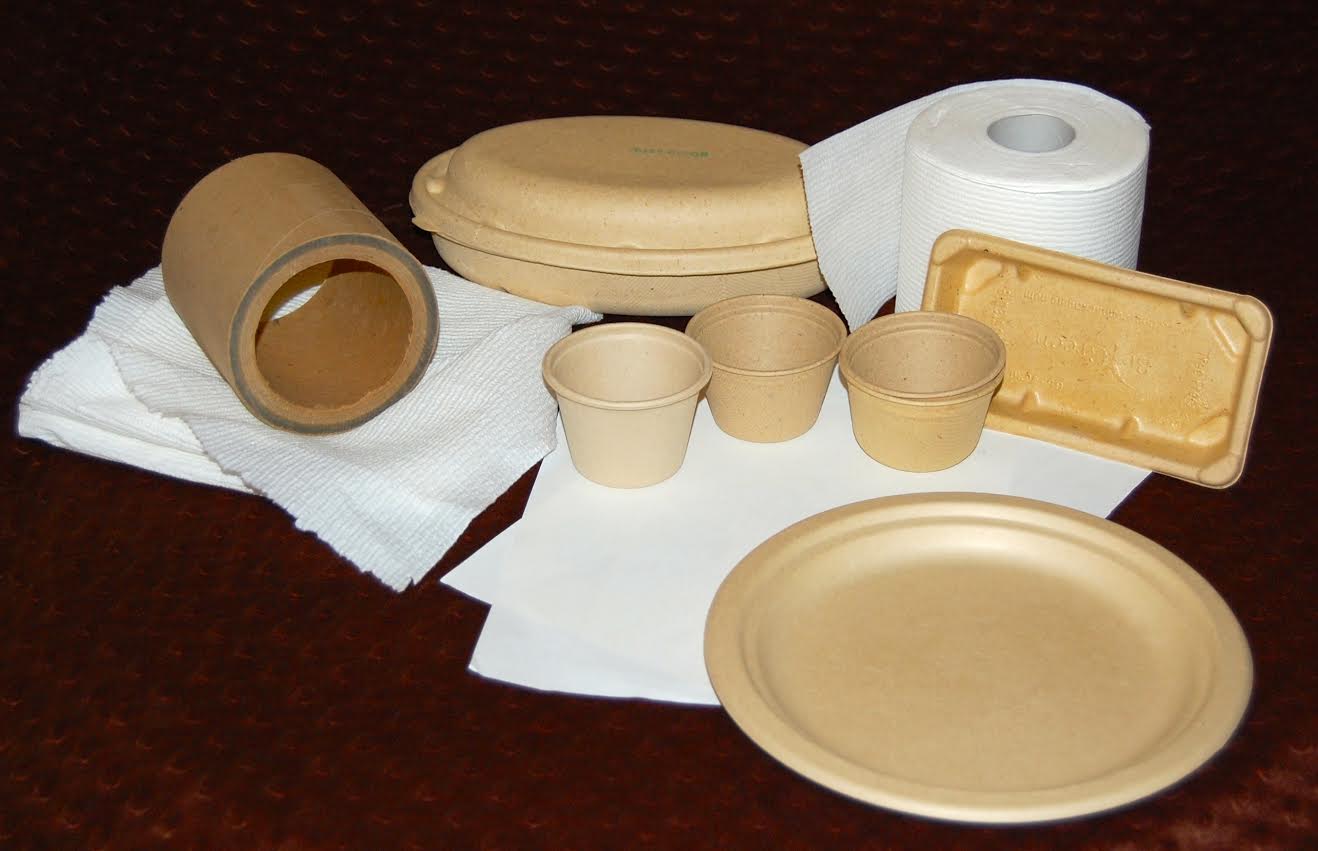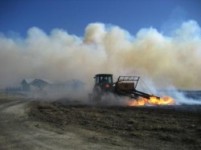The amount of straw used by Columbia Pulp for manufacturing market pulp and then paper products will replace approximately 280,000 tons of wood chips, positively impacting forest sustainability. Columbia facility is a state-of-the-art facility using self-contained, energy efficient processes. The facility will use less energy and require less chemical than a traditional pulp mill. The energy consumption come from electricity and natural gas.
Much of the residual product from pulping will be sold or utilized. Columbia will have the ability to sell the carbohydrate and lignin residue from the manufacturing process.
Traditional pulp mills can produce an unseemly odor in the surrounding area. Columbia’s proprietary technology does not produce these odors as a result of the pulping as this is not a sulfur-based manufacturing process.
The products produced by Columbia Pulp will be fully recyclable and compostable and FSC Certified. The Forest Stewardship Council manages a rigorous, credible, third party certification system that sets standards for responsible forest management. A voluntary program, FSC uses the power of the marketplace to protect forests for future generations. Due to the FSC Certification, Columbia Pulp products will be uniquely positioned to appeal to large consumer packaging companies, who seek ways to reduce the environmental impact of their supply chains.



